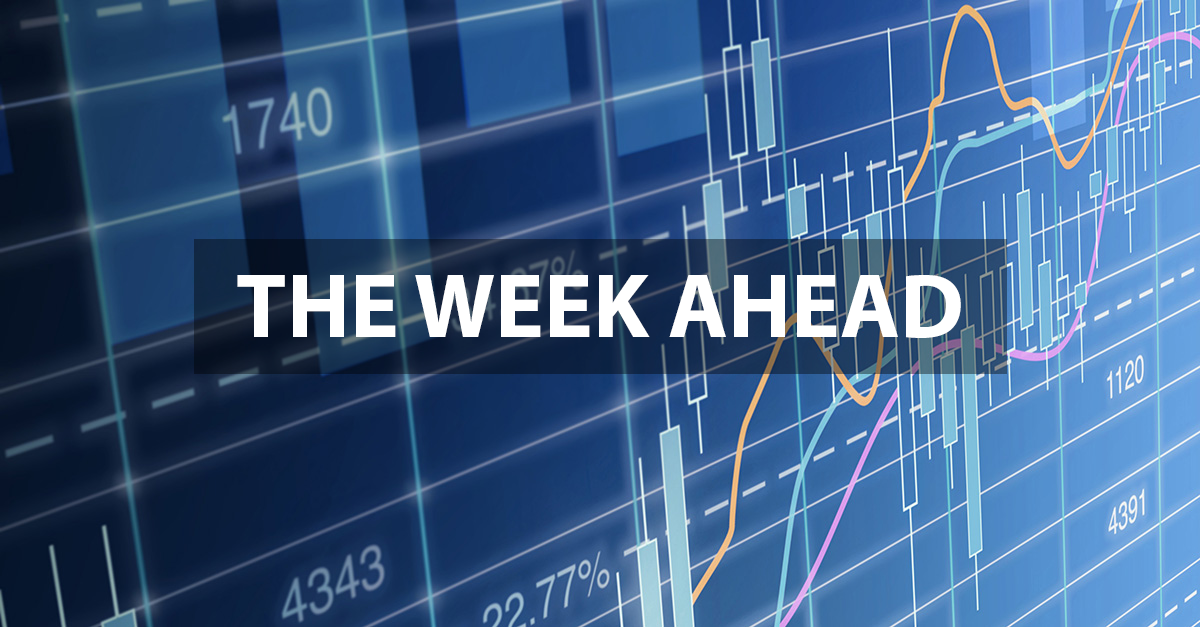Welcome to “The Week Ahead” where we take a moment to provide our thoughts on what we can expect in markets and the economy during the upcoming week.
It seems that almost every year around this time I find myself writing about the latest fire season. Even though we have not been evacuated like we were last year (knock on wood), many other people have been affected. Last weekend, when I checked the weather app on my phone, it didn’t forecast sunny or cloudy; it just showed “smoke.” Sadly, smoke is now a weather condition on the west coast. The air quality was also the worst I have ever seen. Since my family had been cooped up all week with distance learning and work from home, we decided it would be a good idea to get out of town. The only place we could find with relatively decent air quality was Palm Springs. Fortunately, a family friend had a place there we could use, so we packed up the Volvo and headed out to the desert in search of clearer skies.
Not only has the air been hazy, but market fundamentals have also been a bit cloudy. Without clear guidance on the timing of the fourth fiscal package currently being negotiated in Congress, market volatility has increased.
On one hand, we have the following market risks:
- Reacceleration of COVID-19 cases
- Potential for contentious election
- Rising tensions with China
However, some very powerful positive forces cannot be underestimated:
- Recoveries tend to last 5-8 years
- Economic growth is estimated to be over 30% this quarter
- Massive monetary and fiscal stimulus
- Asset values are up, causing a wealth effect
- Trillions of dollars sitting in cash will eventually be spent or invested
- U.S. dollar weakening provides a tailwind for domestic exports
- Simultaneous strength in housing and auto sectors
- Corporate earnings are coming in stronger than expectations
We believe the positives will outweigh the negatives. While there may be smoke, in this case, the fires are contained for now.
One gauge of economic strength we will see this Friday is durable goods orders. This leading economic indicator is a broad-based monthly survey conducted by the U.S. Census Bureau that measures current industrial activity. It provides more insight into the supply chain than most indicators, and can be especially useful in helping investors understand the earnings in cyclical industries such as machinery, technology manufacturing, and transportation.
Data deck for September 21–September 25:
|
Date |
Indicator |
Period |
|
Sep. 21 |
Chicago national activity index |
Aug. |
|
Sep. 21 |
Household debt (SAAR) |
Q2 |
|
Sep. 22 |
Existing home sales (SAAR) |
Aug. |
|
Sep. 23 |
Markit manufacturing PMI |
Sept. |
|
Sep. 24 |
Initial jobless claim |
Sept. 19 |
|
Sep. 24 |
Continuing jobless claims |
Sept. 5 |
|
Sep. 24 |
New home sales (SAAR) |
Aug |
|
Sep. 25 |
Durable goods orders |
Aug. |
|
Sep. 25 |
Core capital goods orders |
Aug. |



